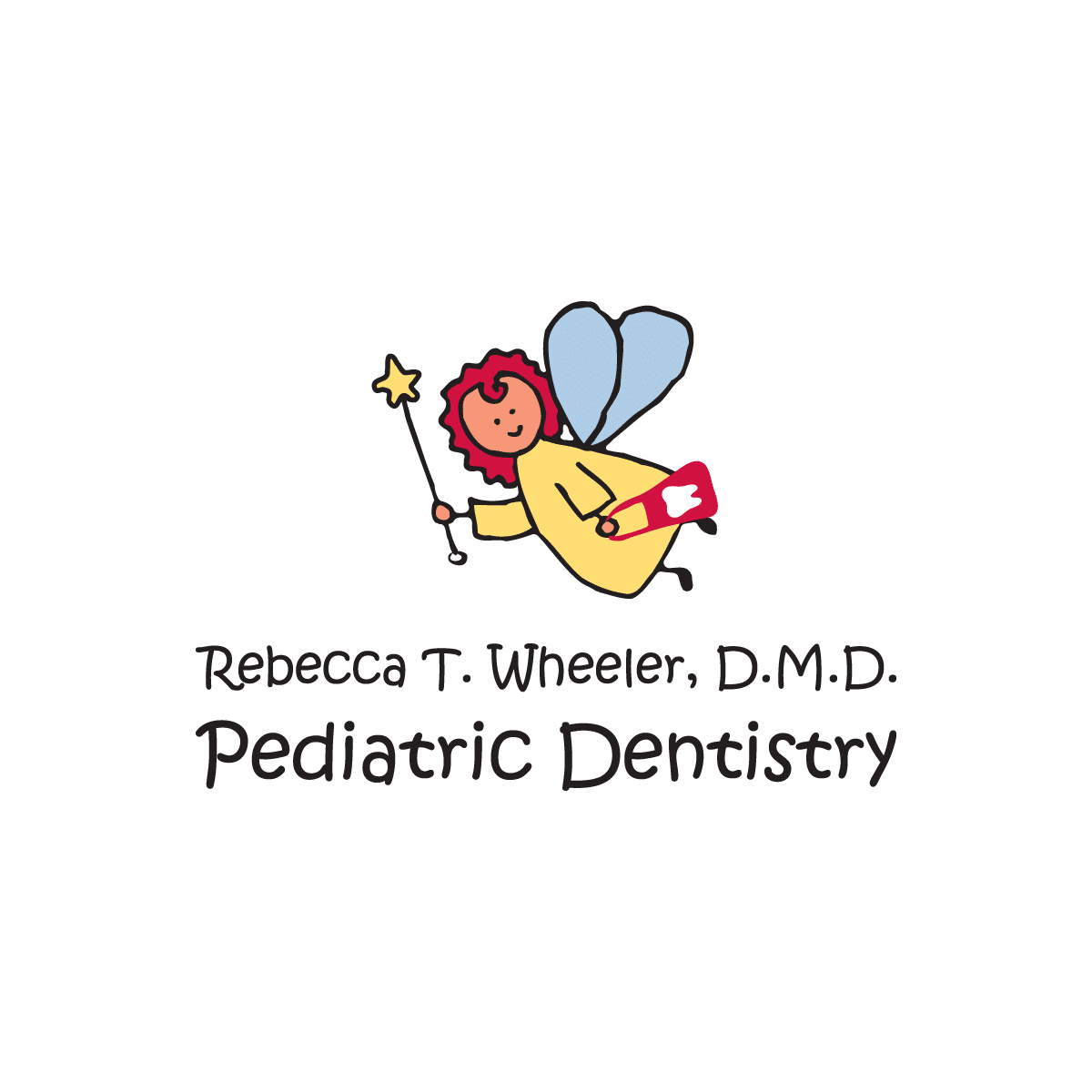Among children aged 5 to 11, 20% have at least one untreated decaying tooth. So what do you need to know about pediatric dentistry?
To answer this question, we should dispel some myths about children’s oral health. This way, you can help your child develop good oral health-related habits, preventing them from emergency pediatric dentist visits.
Keep reading to learn more. Below, we’ll discuss some myths about pediatric dentistry. Afterward, your child can embark on healthier habits involving seeing a local Nicholasville pediatric dentist.
Pediatric Dentistry is Unnecessary
Some parents believe that children can be too young to be at risk for serious oral health problems. That’s because baby teeth fall out at a notoriously early age before they’re replaced with permanent teeth.
Non-adult teeth are more sensitive. They’re even more at risk for oral health conditions that adults may suffer from. Children are also still at risk for gum disease and tooth decay.
If either condition worsens, your child can risk furthering oral health complications. At the very least, they can experience acute discomfort in their everyday lives. They might also be unable to chew and eat properly.
Kids should also learn how to develop healthy oral health habits early on. This way, they’re more self-sufficient when they’re older.
To complete your child’s oral health care, visit a pediatric dentist. But what is a pediatric dentist? A pediatric dentist is a dentist specializing in the care of children’s teeth.
Pediatric dentists will be able to answer all of your potential oral health questions specifically relating to younger patients’ oral health. Dentists will also examine your child’s mouth and can cater to your child’s unique oral health needs.
General Dentistry Can Substitute Pediatric Dentistry
Some excellent general dentists are comfortable treating children. But they don’t specialize in children’s oral teeth like pediatric dentists do.
Pediatric dentists must complete years of additional specialty training after graduating from dentistry school. This isn’t only about understanding children’s teeth specifically. They are also trained in behavioral approaches to help young patients relax and receive the care they need.
Knowing how to communicate with child patients is critical since many adults have dental anxiety. Adults with dental anxiety have trouble getting the health they need due to anticipatory stress about the visit.
But pediatric dentist offices are equipped with staff that knows how to make your child feel safe about their visit. The offices are also full of fun decorations and games. A pediatric office’s general atmosphere and the best dentist for kids can help your child develop a positive association with their dental visits.
Thumb Sucking Is Harmless
For the most part, a little thumb sucking is harmless for children. But too much thumb sucking can lead to permanent facial and oral misalignment. This misalignment can permanently affect the way their teeth, jaw, and roof of their mouths look.
Some outcomes of intense thumb sucking are buck teeth and speech problems. If you notice that your child likes to suck their thumb, work with them to minimize the habit. You can also visit a Nicholasville children’s dentist for a strategy to break the habit.
Sugar’s Always the Culprit
Minimizing your child’s simple sugar intake is always a fantastic strategy for oral health. But simple sugar isn’t always the reason for your child’s tooth problems.
Oral neglect refers to the negligent treatment of one’s oral health. This commonly comes in the form of improper and/or lacking brushing/flossing techniques.
Through oral neglect, leftover sugars and acids from your child’s diet will sit on their teeth for longer. These elements will eat at your child’s enamel and encourage the formation of disease-causing bacteria.
So help your child avoid oral neglect. They won’t have to make frequent pediatric dentist visits if they do.
100% Fruit Juice Is Okay
Most fruit juices aren’t great for kids and are filled with other kinds of additives that dilute the fruit concentration’s nutritional content. However, even 100% fruit juice isn’t great for kids.
In their processed, liquified forms, 100% fruit juices have no fiber and contain little to no pulp or fruit skin. These parts of whole fruits would otherwise provide a ton of nutrition for those consuming them.
Other types of nutrients get diluted. But the resulting product’s sugar content is concentrated. It’s also highly palatable, making it too easy for children to over-consume its sugars.
Since whole fruits are much more chewable, they also clean kids’ teeth while eaten. While they should still brush their teeth as recommended, eating whole fruits rather than fruit juices benefits children’s everyday oral health.
Gum Is Bad
Chewing gum is frequently discouraged due to its indigestibility and sugar content. However, children can chew sugar-free gum without swallowing it. As long as those two risks are addressed, there is little reason to prevent children from occasionally chewing on a piece of gum.
Gum increases saliva production, which is beneficial for clearing the mouth of debris, plaque, and acids that could otherwise lead to decay. Furthermore, it is a sweet treat for children that may deter them from consuming actual sugar.
Parents must also provide a variety of other healthy snacks. Children also can’t substitute gum chewing for brushing or flossing.
See a Nicholasville Pediatric Dentist Today!
Clearing up these myths about your child’s oral care will keep them healthy for as long as possible. Doing so prevents them from experiencing jaw pain, tooth decay, and even gum disease.
Wheeler Pediatric Dentistry understands the importance of a healthy smile for your child. As a result, we offer a wide range of pediatric dentistry services! So, if your child requires a Nicholasville pediatric dentist, contact us today.

